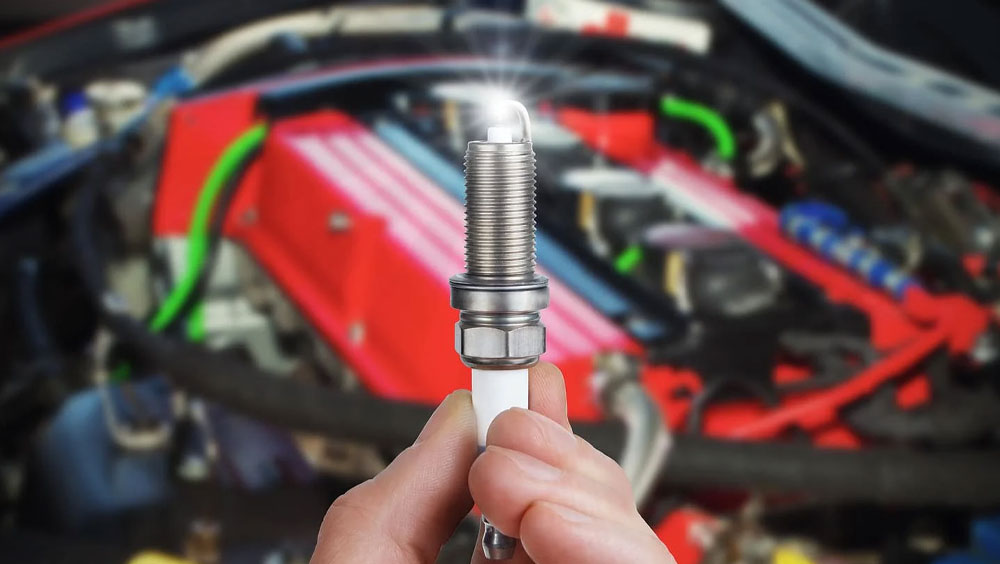Keeping your vehicle in optimal condition requires attention to many details, one of the most crucial being the replacement of spark plugs. This seemingly small component plays a significant role in ensuring your car runs smoothly and efficiently. By knowing when and how often to replace your spark plugs, you can prevent engine troubles and sustain the vehicle’s performance and fuel efficiency. In this article, we delve into the signs that indicate it’s time for new spark plugs and the recommended intervals for their replacement to help you maintain a reliably performing vehicle.
Understanding Spark Plugs And Their Role
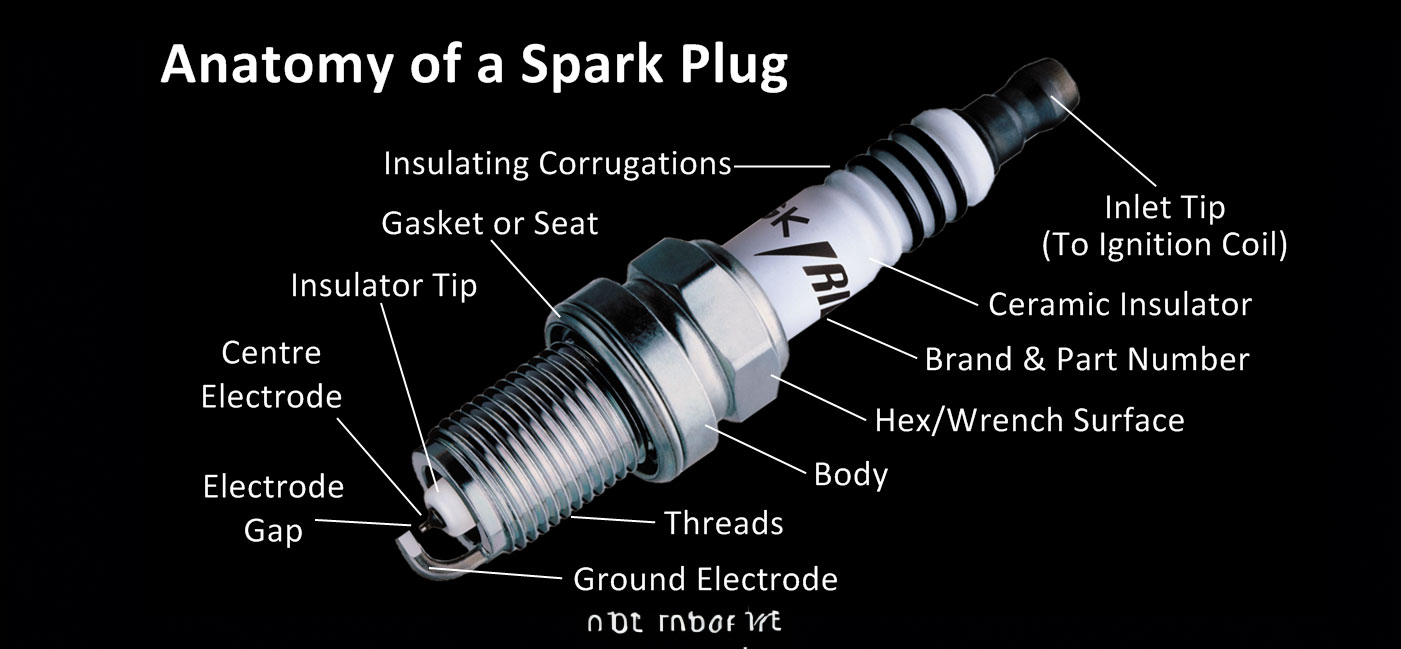
Regular maintenance and timely replacement of spark plugs are essential to ensure optimal engine performance. Over time, spark plugs can become coated with deposits or experience wear and tear, which can cause misfires and hinder the combustion process. When spark plugs are functioning as they should, they help maintain smooth engine operation, facilitating quicker starts and consistent power delivery. Conversely, failed spark plugs can result in uneven idling, increased emissions, and even potential engine damage due to incomplete combustion. Therefore, it's important to monitor their condition and replace them according to the manufacturer’s specifications to preserve both the longevity and efficiency of your vehicle..
At What Mileage Should You Replace Spark Plugs?
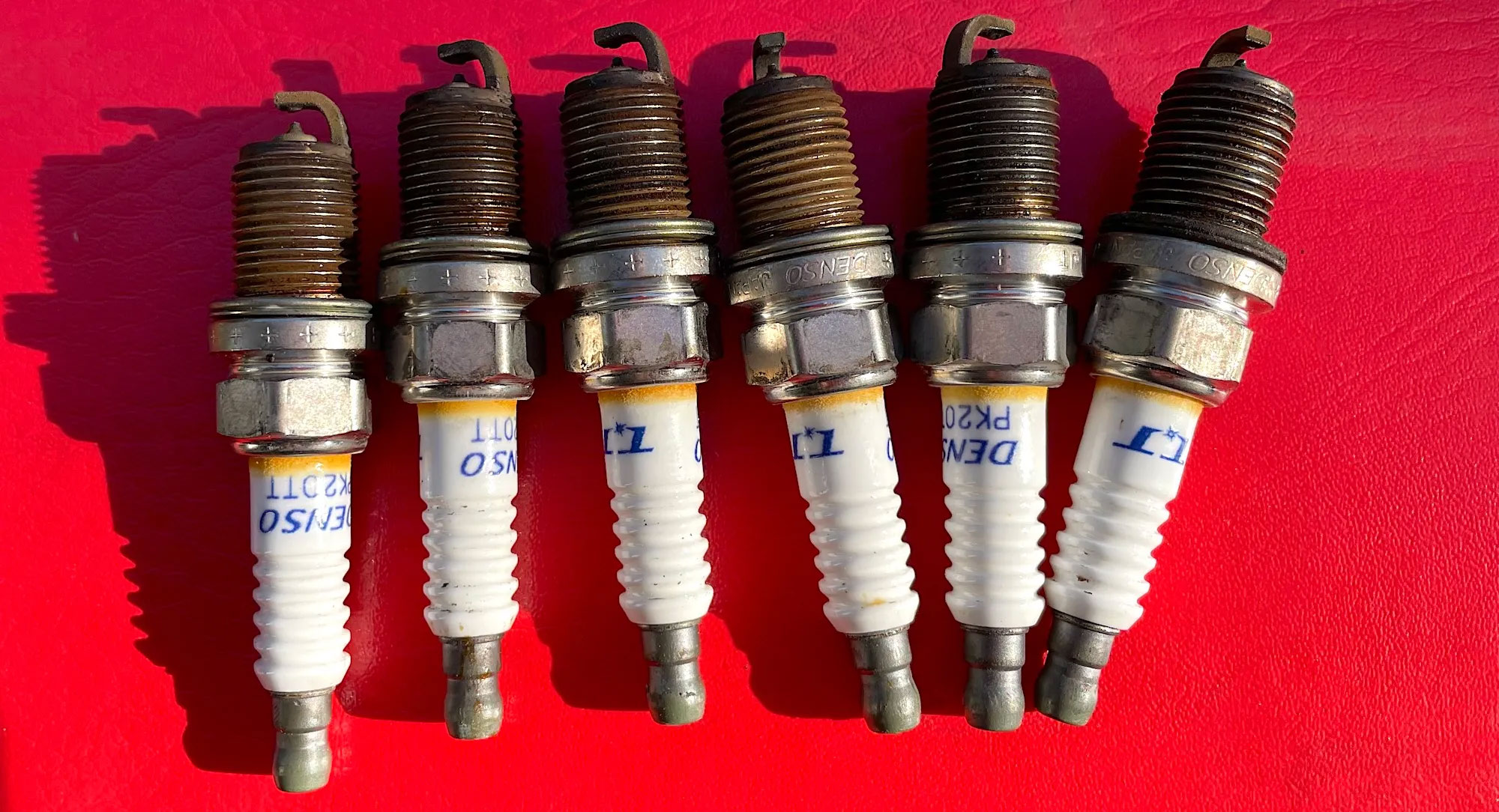
Additionally, it's essential to pay attention to certain signs that may indicate the need for spark plug replacement, regardless of mileage. Symptoms such as engine misfires, reduced fuel efficiency, rough idling, or difficulty starting your vehicle can all suggest worn spark plugs. Conducting regular inspections and maintenance can help prevent these issues before they lead to more significant problems. Moreover, keep in mind that factors such as driving conditions and habits can also impact the lifespan of your spark plugs. For instance, frequent short trips or stop-and-go traffic can accelerate wear. Consulting a professional mechanic for routine checks can ensure your engine continues to run smoothly and efficiently, aligning performance with the vehicle's specifications..
Signs It's Time to Replace Your Spark Plugs
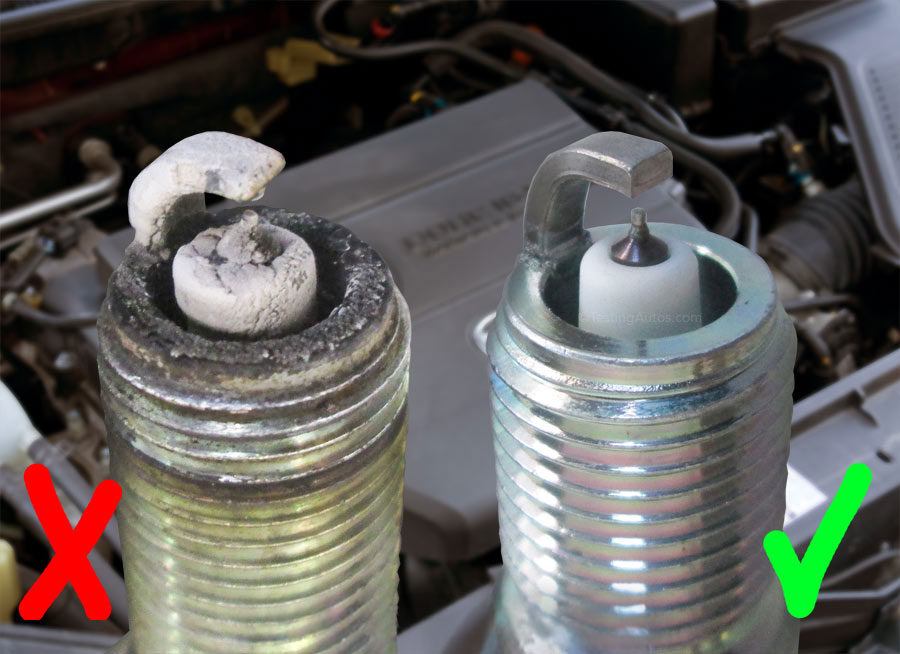
Beyond mileage, there are clear signs indicating the need to replace spark plugs. These signs include rough idling, difficulty starting the vehicle, misfiring engines, reduced fuel economy, and sluggish acceleration. If you notice any of these symptoms, it might be time for a spark plug inspection regardless of your mileage..
Impact Of Not Replacing Spark Plugs Timely
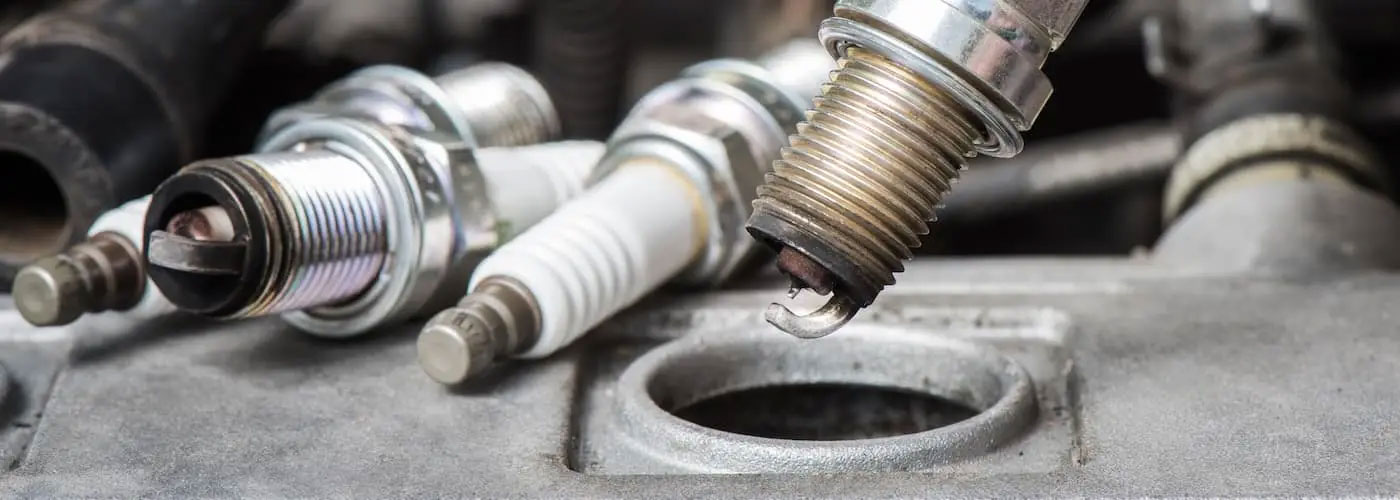
Neglecting the timely replacement of spark plugs can unleash a cascade of engine issues. One of the initial symptoms is a noticeable spike in fuel consumption, as worn-out spark plugs compromise the efficiency of the combustion process. This inefficiency forces your engine to work harder, often leading to an array of potential problems, including rough idling and difficulty starting the vehicle. Over time, these seemingly minor issues can escalate into severe engine damage, ultimately culminating in engine failure and expensive repairs. Investing in regular spark plug maintenance is a simple yet crucial step in ensuring a smoother, more efficient drive. Not only does it optimize your engine's performance, but it also significantly extends its lifespan, saving you both time and money in the long run..
How To Check The Condition Of Your Spark Plugs
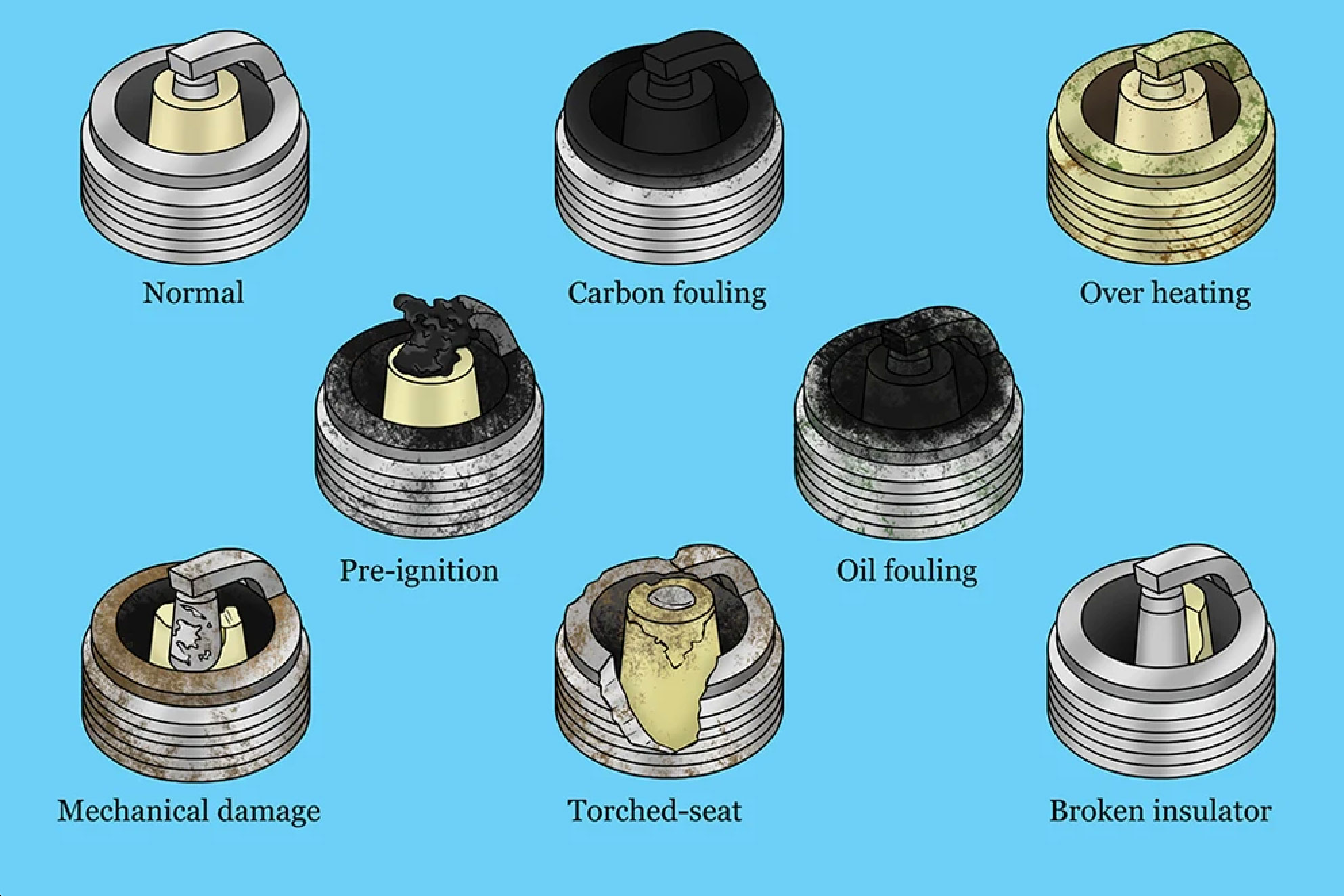
Once you have safely removed the spark plug, it's essential to observe its color and condition closely. A healthy spark plug typically has a light gray or tan appearance on the electrode and insulator tip. However, if you notice any black soot or oily residues, it could indicate issues such as an overly rich fuel mixture or oil leaks, respectively. Additionally, any significant corrosion, pitting, or melted parts on the electrode are signs that the spark plug is malfunctioning and needs to be replaced. Make sure to check the gap between the electrodes using a spark plug gap gauge, as an incorrect gap can lead to engine misfires or poor performance. Remember to refer to your vehicle's maintenance manual for specific gap measurements and replacement recommendations. Regular inspection and maintenance of your spark plugs not only ensure optimal engine performance but also improve fuel efficiency and reduce emissions over time..
DIY Replacement VS Professional Service
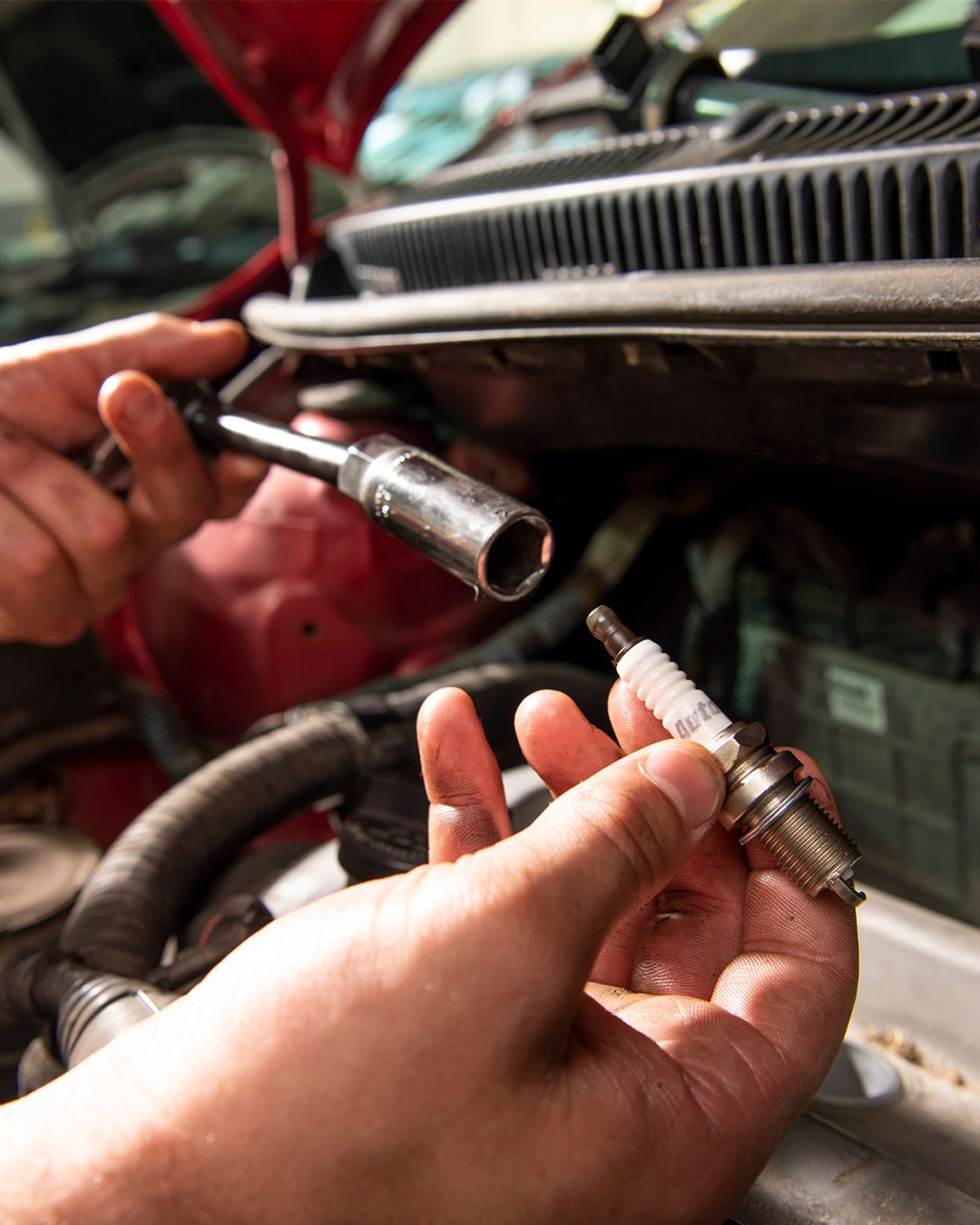
Many car owners wonder whether to replace spark plugs themselves or to seek professional help. If you're comfortable under the hood, replacing spark plugs can be a straightforward DIY project. However, for those less mechanically inclined, a professional service can ensure that installation is perfectly performed without any risk of damage to the plug or engine..
Factors Affecting Spark Plug Lifespan
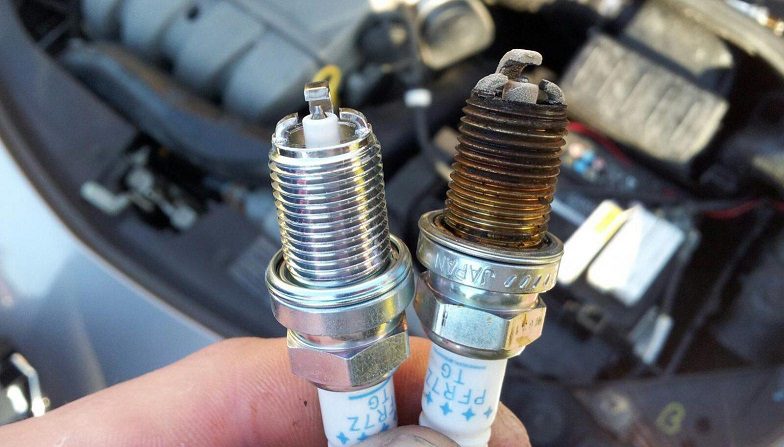
The longevity of spark plugs is intricately linked to several variables, with the type of spark plug serving as a critical determinant. Copper spark plugs, for instance, generally have a shorter lifespan compared to their iridium or platinum counterparts, which are designed to withstand harsher conditions and provide longer service intervals. However, driving habits also play a vital role; short trips and stop-and-go traffic can contribute to quicker wear and tear by subjecting the plugs to higher thermal and mechanical stress. Moreover, the overall condition of the engine is pivotal. An engine that is well-maintained and kept in optimal tune tends to demand less from its spark plugs, thus extending their durability. Regular maintenance, including timely oil changes and check-ups, ensures that the engine runs smoothly, reducing the strain on spark plugs and maximizing their efficiency over time. By paying close attention to these factors, vehicle owners can optimize performance and avoid unnecessary replacements, promoting both cost-effectiveness and reliability..
Benefits Of Regular Spark Plug Maintenance

Regularly replacing spark plugs as part of your car's maintenance routine can lead to numerous benefits. These include improved fuel efficiency, smoother engine performance, reduced emissions, and overall enhanced driving experience. Frequent check-ups ensure that your spark plugs function optimally..
Checklist For Spark Plug Replacement
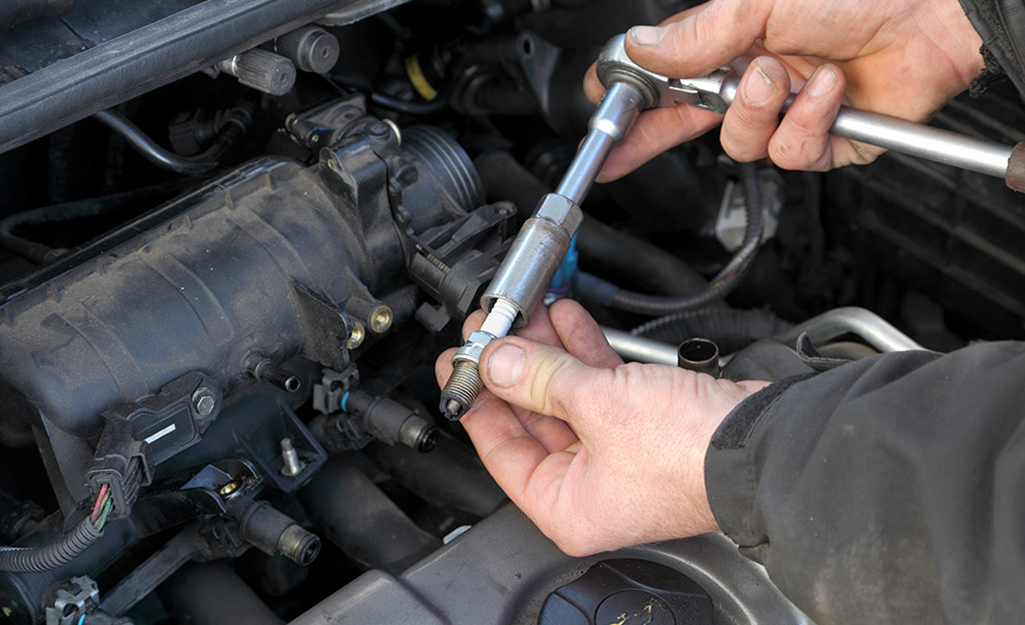
To conclude our guide, here's a quick checklist for spark plug replacement: Know your car's recommended spark plug interval, identify signs of worn spark plugs, choose the right type of spark plugs, and consider professional help if unsure about the process. By following this checklist, you can ensure your vehicle remains in top condition..
Replacing spark plugs might seem like a small aspect of vehicle maintenance, but it's a task that holds significant importance. By understanding when to replace spark plugs, based on mileage and engine condition, you can keep your car running smoothly and efficiently. Always consult your vehicle’s manual and consider professional assistance if you’re unsure about the process.

